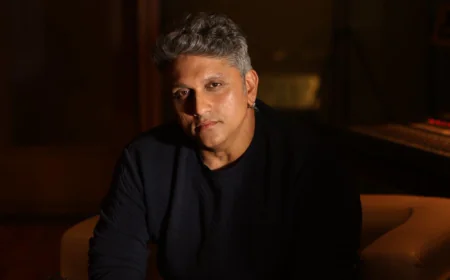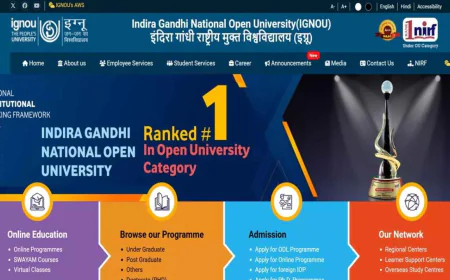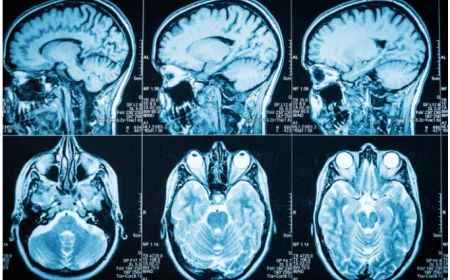Microsoft's AI "Diagnostic Orchestrator" Can Make More Accurate Diagnoses Than Doctors
Microsoft has unveiled a groundbreaking AI tool, MAI‑DxO, capable of outperforming doctors in diagnosing complex health conditions. Tested on 304 challenging medical cases, the AI achieved an 80–85% success rate, compared to just 20% by physicians.

It has been shown that Microsoft's AI Diagnostic Orchestrator (MAI-DxO) is much better at figuring out complicated medical conditions than human doctors. It is a groundbreaking system that is driven by multiple large language models. In terms of medical diagnosis, this is a big step forward.
The New England Journal of Medicine published 304 complicated clinical case studies that were used to test MAI-DxO. Mustafa Suleyman led the work on it. He used to work at Google and now runs Microsoft's AI health business. The system could make correct findings about 80 to 85% of the time when it was combined with OpenAI's advanced "o3" model. A group of 21 skilled doctors who didn't have any outside help, on the other hand, only had a 20% success rate.
The diagnostic orchestrator uses a "chain-of-debate" way to make choices by getting different AI agents to work together like a medical team. It asks questions, orders tests, and puts together the information on its own, just like a doctor would. The company also says that its method lowered the cost of testing by as much as 20% by making the most important diagnoses easier to find and giving them more weight.
What You Can Do to Reach "Medical Superintelligence"

The work was described by Mustafa Suleyman as "a real step towards medical superintelligence." In 5–10 years, he said, performance would be almost error-free, which would make healthcare systems around the world less stressed. Microsoft offers MAI-DxO as a tool that helps doctors make decisions, not as a replacement for them. They stress how important it is to care for patients with understanding, nuance, and trust, which machines can't do.
Experts say that clinical due diligence is important.
For the study, the doctors were not given any reference papers. This shows that the test was an experiment. However, experts such as David Sontag from MIT praise Microsoft's strict structure and warn against drawing too many conclusions from it. It is very important for Sontag that they have good clinical studies that show they work in the real world. In the same way, Dr. Eric Topol of Scripps says that it might work but stresses how important it is to test it with a lot of different patients and facilities.
Next Steps and Effects in a More General Way

Microsoft is still making plans for how to start a business. But people inside the company have talked about how it could be used with Bing or Copilot to answer the millions of health questions that people ask every day. The company is also adding more health-tech products, such as RADDINO and Dragon Copilot.
MAI‑DxO could change how diagnoses are made, but its future rests on people trusting it, testing it, and using it in real life.

















































